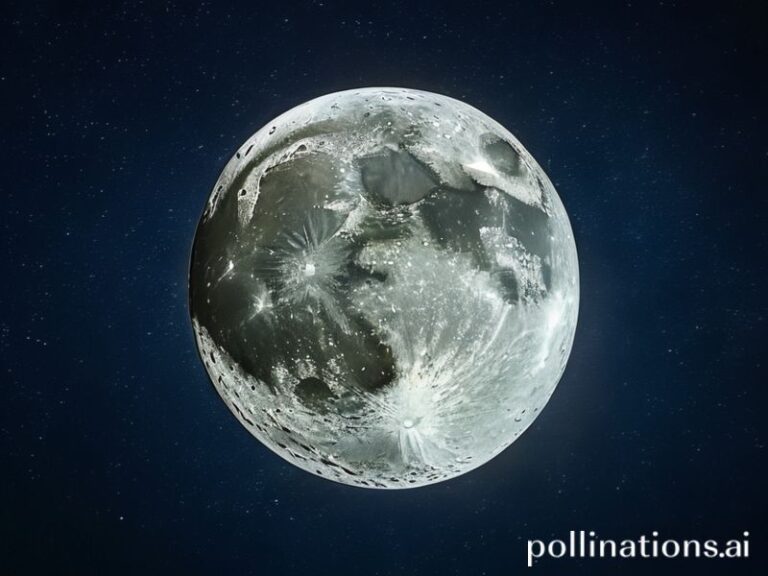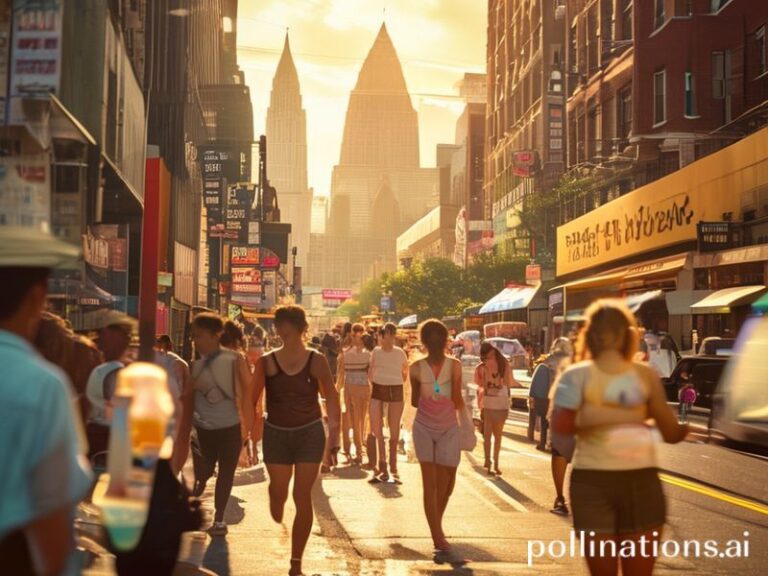The Great Global Corruption Binge: Why the World’s Gone Bananas
**The Great Global Corruption Binge: Why the World’s Gone Bananas**
Alright, folks, grab your popcorn and let’s dive into the juicy, messy world of corruption—because it’s not just trending, it’s practically the main character in the global drama series we’re all binge-watching. From political scandals to corporate shenanigans, corruption is the plot twist that keeps on giving. But why is it suddenly the talk of the town? Let’s break it down, shall we?
### The Global Corruption Party: Everyone’s Invited!
Corruption isn’t new—it’s been around since the days of the Pharaohs and probably even longer. But what’s making it trend now? Well, for starters, the internet. The digital age has turned the world into a giant gossip mill, and corruption scandals are the juiciest gossip of all. With social media and 24/7 news cycles, corruption stories spread faster than a TikTok dance challenge.
Take, for instance, the recent scandals in countries like Brazil, South Africa, and even the good ol’ USA. These stories aren’t just about politicians lining their pockets; they’re about systemic issues that affect everyday people. And when people feel the pinch, they talk. Loudly. On Twitter, on Facebook, in memes, and in protest marches.
### Cultural Context: Corruption’s Many Faces
Corruption isn’t a one-size-fits-all kind of deal. It wears different masks depending on where you are in the world. In some cultures, it’s seen as a necessary evil—a way to get things done in a system that’s otherwise bogged down by bureaucracy. In others, it’s a moral failing, a betrayal of public trust.
For example, in some Asian countries, the concept of “guanxi” (relationships and connections) can sometimes blur the lines between legitimate business and corruption. In Latin America, the term “coima” is used to describe bribes, and it’s often seen as a way to grease the wheels of a slow-moving system. Meanwhile, in Western countries, corruption is often framed as a violation of trust, a betrayal of the social contract.
### Social Impact: The Ripple Effect
Corruption doesn’t just affect the rich and powerful; it trickles down to everyone. It’s the reason why infrastructure projects are delayed, why healthcare systems are underfunded, and why education systems are failing. It’s the reason why everyday people feel like they’re being cheated out of a fair shot at life.
Take, for instance, the recent scandal involving the Brazilian construction company Odebrecht. The company’s bribery schemes affected not just Brazil but multiple countries in Latin America, Africa, and even Europe. The ripple effect was felt in the form of delayed infrastructure projects, increased costs, and a general sense of disillusionment among the public.
### Why It’s Significant: The Fight Against Corruption
Corruption is significant because it’s a barrier to progress. It’s the reason why some countries struggle to develop, why inequality persists, and why people lose faith in their institutions. But it’s also significant because it’s a fight that’s being fought on multiple fronts.
From grassroots movements to international organizations like Transparency International, the fight against corruption is gaining momentum. Social media has given a voice to the voiceless, and people are demanding accountability like never before.
### The Bottom Line
Corruption is a complex issue, but it’s one that’s gaining traction in the global conversation. It’s not just about the rich getting richer; it’s about the systemic issues that affect us all. And as the world becomes more interconnected, the fight against corruption becomes more urgent.
So, what can you do? Stay informed, speak up, and demand accountability. Because in the end, it’s not just about the scandals—it’s about the people who are affected by them. And that’s a story worth telling.







